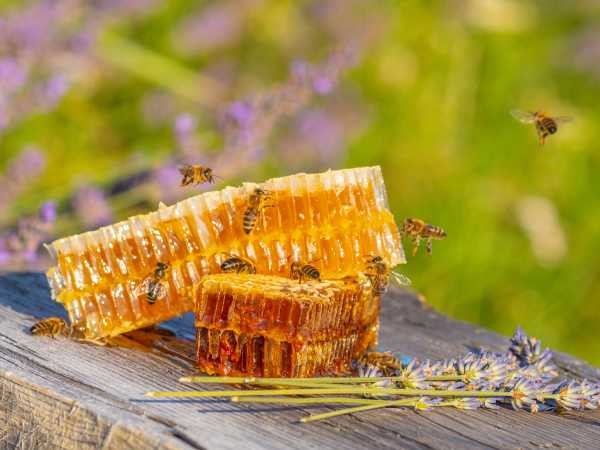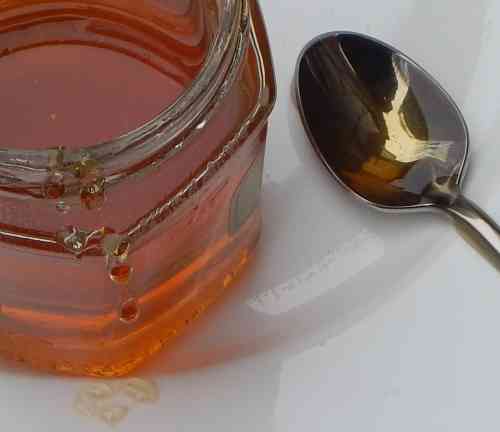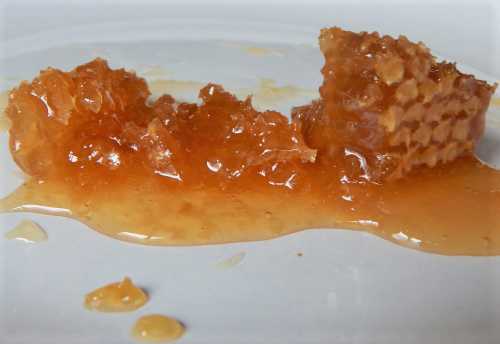Buying Honey From A Beekeeper
Maybe you wish you could keep bees and produce honey, but you don't have the space or circumstances won't allow it.
In such cases, purchasing honey directly from a beekeeper rather than from a supermarket, could be your next best bet.
Why It's A Great Idea To Purchase Honey Directly From The Beekeeper - If you Can

Firstly, I should just say that it's not a problem to purchase honey from your local store. However, purchasing honey from a local beekeeper (if you can) may provide a few advantages.
Here are a few things to think about:
1. You can find out more about your purchase
Wouldn't it be nice to know where the bees were foraging and its connection to the honey served on your pancakes?
It could certainly be a point of general interest and chit-chat to learn where the bees might have gathered nectar in your local area. Perhaps the jar of honey you hold in your hand was made from sweet nectar gathered from a local meadow, a beautiful park, or the gardens in the area (including yours!).
Alternatively, you may discover that the beekeeper placed the hives in a particular location to benefit from a floral abundance that will result in superior flavour to that which you might buy from a major retailer.
2. You may be able to try different presentations
Do you want to try different presentations of honey, such as chunk/ cut-comb honey, or unfiltered honey? A local beekeeper may supply it at a fair price, and if it's not available this season, you might get it next year if the beekeeper knows of your interest.
3. Other products from the beehive
If a beekeeper is harvesting and selling honey, they may well sell other hive products, such as those based on beeswax (such as candles, lip balm).
4. Sustainability
It makes sense for us all to support local people, trades, skills and economy if we can. That said, if you have to purchase from a beekeeper who lives some distance away, it still worth it, because it helps ensure the beekeeper is fairly paid.
5. Genuine honey product
It can be tiresome to have to keep checking labels in supermarkets these days. However, the fact is that in some countries, product sold as honey, is sometimes adulterated with corn syrup or other sweeteners.
Not only this, a few years ago it came to light that cheap imported honey was contaminated with chemicals.
By getting to know a local beekeeper, you greatly minimise the risk of that happening.
How to locate a beekeeper who sells honey
The first place to start is your nearest beekeeping association. They will be able to put you in touch with a beekeeper who could supply you.
You could also look out for local honey fairs, or even food fairs.
Some beekeepers sell their produce on-line. Be sure to do your research.
If you found this page helpful or interesting, I'd really be grateful if you would share it with others - if not this page, perhaps another, such as Gardening For Bees.
Thank you so much :) .

